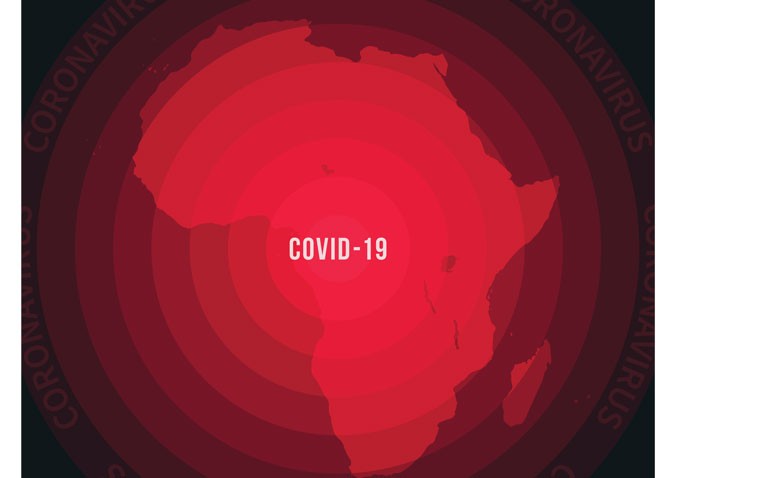
The introduction of COVID-19 vaccines has led to a significant reduction in hospitalisations and severe illness in those infected with the virus. Rollout of these vaccines continues across the globe with over 3.69 billion doses already having been given, which equates to around 30.3 million doses each day. However, one of the biggest threats to the continued and positive impact of vaccination, is low uptake these vaccines. The term “vaccine hesitancy” has been defined as a “delay in acceptance or refusal of vaccination despite availability of vaccination services”. While complacency, confidence and sociodemographic factors might influence an individual’s decision to be vaccinated, another and more relevant factor in the current digital age, is misinformation spread through social media. In a report from The Policy Institute, a survey conducted in November 2020, found that 34% of individuals reported hearing messages on social media, discouraging uptake of the vaccine. Fortunately, attitudes in the UK have changed, with a survey from the Office for National Statistics in the UK, reported in May 2021, finding that 94% of adults surveyed reported a positive sentiment towards a COVID-19 vaccine. Vaccine hesitancy is a global problem, especially given the widespread use of social media but little is known about the views of individuals in developing countries. This led a team from the University of Zimbabwe, to undertake a survey of Zimbabweans, in order to better understand the level of vaccine hesitancy and the factors behind any possible hesitancy. The team conducted an online survey in February 2021 of adults aged 18 years and over, with the survey details disseminated through various social media networks such as WhatsApp and Facebook. The survey was created in English but later translated into the countries two languages, Shona and Ndebele and collected information on demographics, knowledge of the COVID-19 vaccine, uptake of the vaccine together with its safety and efficacy. The outcome variable of interest was vaccine uptake based on a binary response of yes and no.
Findings
The survey generated 1168 usable responses from individuals across the country with a median age of 39 years (57.5% female). Half (49.9%) of participants stated that they would accept the vaccine once available, 31.1% were unsure with the remaining 19% rejecting the vaccine. Adults aged 55 years and over were twice as likely to be vaccinated compared to those aged 18 – 25 (odds ratio, OR = 2.05, 95% CI 1.07–3.87. Other factors associated with an intention to be vaccinated were male gender (OR = 1.84), the presence of at least one chronic health condition (OR = 1.72) and being a healthcare worker (OR = 1.73). Interestingly, three-quarters (76%) believed that the vaccine was ineffective at reducing symptoms and 72% indicated that they did not think the vaccine would prevent infection.
The authors noted that while only half of respondents would definitely receive a vaccine and that most were unsure of its effectiveness, another relevant issue was a lack of trust in the government to ensure that the vaccine is made available. Their results were similar to levels of willing to accept vaccination reported for other African studies, e.g., Nigeria (50%) and Republic of Congo (56%). They concluded that the Zimbabwean government should aim for a transparent strategy to ensure public trust and increased acceptability of the vaccine.
Citation
Mundagowa PT et al. Assessment of COVID-19 vaccine hesitancy among Zimbabweans: A rapid national survey. MedRxiv 2021
"accept" - Google News
August 02, 2021 at 04:06PM
https://ift.tt/3lmxzOc
Half of Zimbabweans unwilling to accept COVID-19 vaccine - Hospital Healthcare Europe
"accept" - Google News
https://ift.tt/2YsXkRf
https://ift.tt/3d2Wjnc
Bagikan Berita Ini














0 Response to "Half of Zimbabweans unwilling to accept COVID-19 vaccine - Hospital Healthcare Europe"
Post a Comment